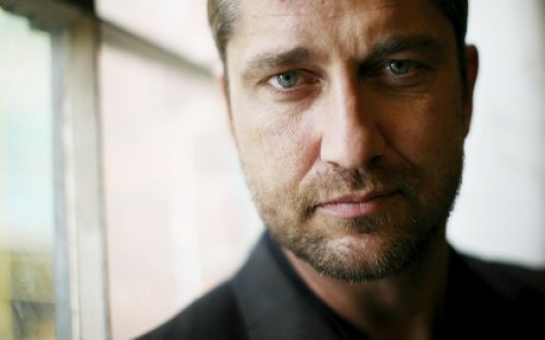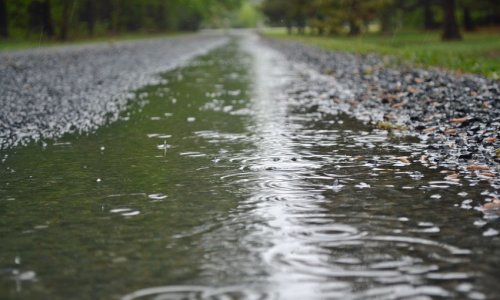Although I may be biased (did I mention I have a delightful pair of baby blues?), our culture does seem to have a fascination with blue eyes that does not extend to other optical hues, whatever Van Morrison or Shane MacGowan say. At the heart of this fascination is a duality. On the one hand, blue eyes are seen as an ideal of beauty, a myth that has been exported round the world. On the other, they are seen as chilling and, in many cultures, are thought to bring a curse. In the Aegean, amulets that ward off the "evil eye" are blue. Everyone knows the prototypical Nazi has blond hair and blue eyes and so, with Hitler's terrible rise and fall, the blue eye became associated with fascism and genocide, a symbol of murderous power.Likewise, the "blue-eyed devils" is a term used to refer to the colonial Europeans who spread like a plague across the world, looking for gold and slaves. Despite this, the blue eyes of these devils were looked up to, as well. Aamer Rahman, one half of the comedy duo Fear of a Brown Planet, nails this in a sketch on "reverse racism", in which he imagines what the world would have been like had it been colonised by black and brown people. He ends by seeing these colonisers from Africa and Asia subjecting "white people to coloured peoples' standards of beauty, so they end up hating the colour of their own skin, eyes and hair". Toni Morrison explored this in her novel The Bluest Eye, in which a young black girl hates herself because of her looks. She dreams of having blue eyes, the eye colour of choice for the midwestern American society she lives in.This association that blue eyes have with fascism or colonial oppression carries over into the relation they have to danger. When Peter O'Toole died recently, a string of pieces talked about the beauty, wildness and danger present in blue eyes, including my own. O'Toole's blue eyes are at the centre of Lawrence of Arabia; in them we see Lawrence's madness, coldness and vision. They are terrifying but beautiful, like a wolf's eyes. So too, Anthony Hopkins in The Silence of the Lambs, his clear blue eyes a haunting shorthand for "this guy is a dangerous psycho". In Homer's Odyssey, the goddess Athena's blue eyes are "flashing" - she is beautiful, but she is dangerous.These negative associations will not stop the celebration of blue eyes. When I was eleven, the car I was in with an Indian family broke down in Uttar Pradesh. A group of Kashmiris pulled up, one leaning down to look straight at me through the window, his dark skin set off by eyes as blue as mine. I've never forgotten the startling beauty of the contrast. I remembered it again years later, when I spent a month in the north-western Pakistani state of Khyber Pakhtunkhwa on the border of Afghanistan, where there is a persistent myth that the blue-eyed inhabitants are descended from a lost regiment of Alexander the Great's army. This combination, of dark skin and blue eyes, seems to be one shared by ancient Europeans. It is a combination that unites us, rather than dividing us.Finally, there is also sadness in blue eyes. "Oh where have you been / my blue-eyed son", sang Bob Dylan, conjuring up the image of someone lost alone in the world. In the Velvet Underground's song Pale Blue Eyes, the girl with the eyes mostly drives Lou mad. Her eyes are pure and strange and they are beyond him now. Now, we can add a new image to this tableau, one of a dark-skinned man trekking across the wilds of ancient Europe, in the mountains of northern Spain, his spear ready, his blue eyes flashing.(theguardian.com)ANN.Az
Why are blue eyes so fascinating?
Society
11:45 | 28.01.2014

Why are blue eyes so fascinating?
I have blue eyes. They are like the sea. People regularly get lost in them. Apparently they are also cold, the eyes of a killer, and the wolfish representation of something cruel and Aryan. OK, so people don't talk about my eyes that much, but when they do, the themes they return to are often the tropes associated with the blue-eyed character. Now we have news that a hunter-gatherer who lived in Europe 7,000 years ago had dark skin, dark hair and blue eyes. This discovery was made following genetic tests carried out on a skeleton found in north-west Spain and it has surprised the scientific community, who had assumed that ancient Europeans had fair skin to go with their blue eyes.
Follow us !










